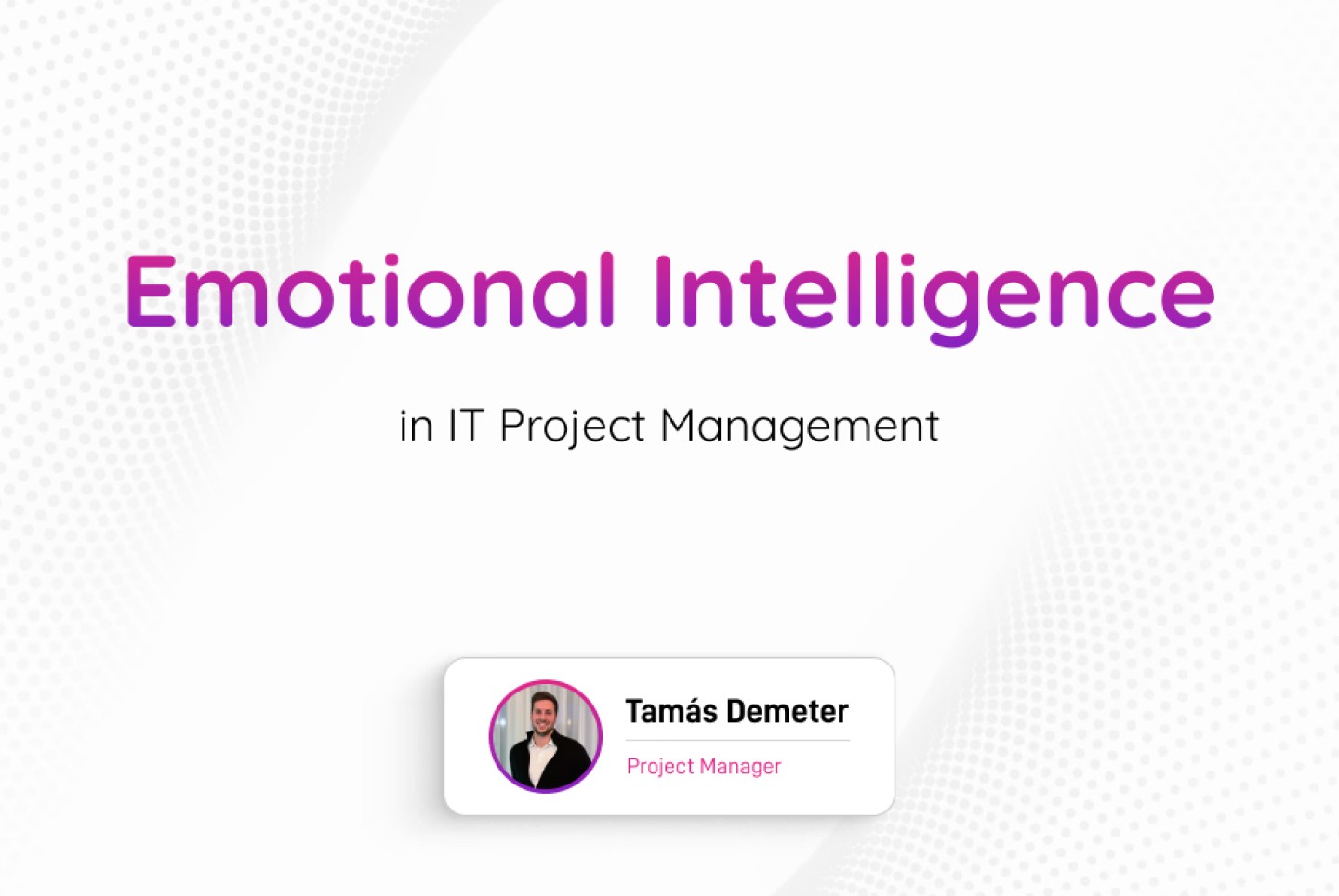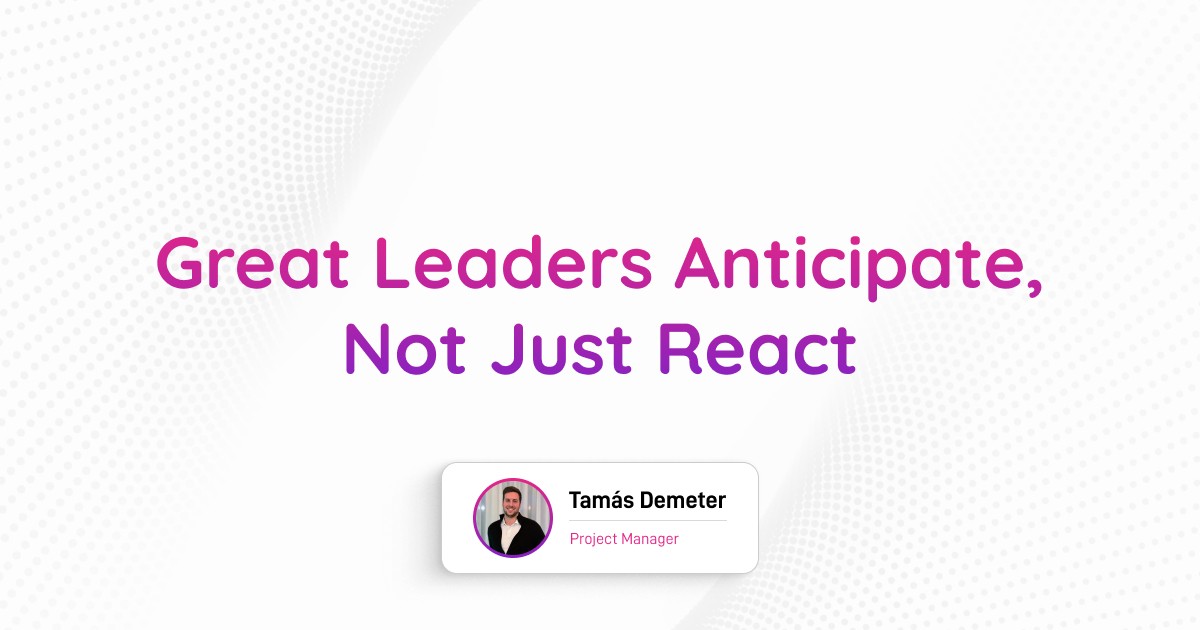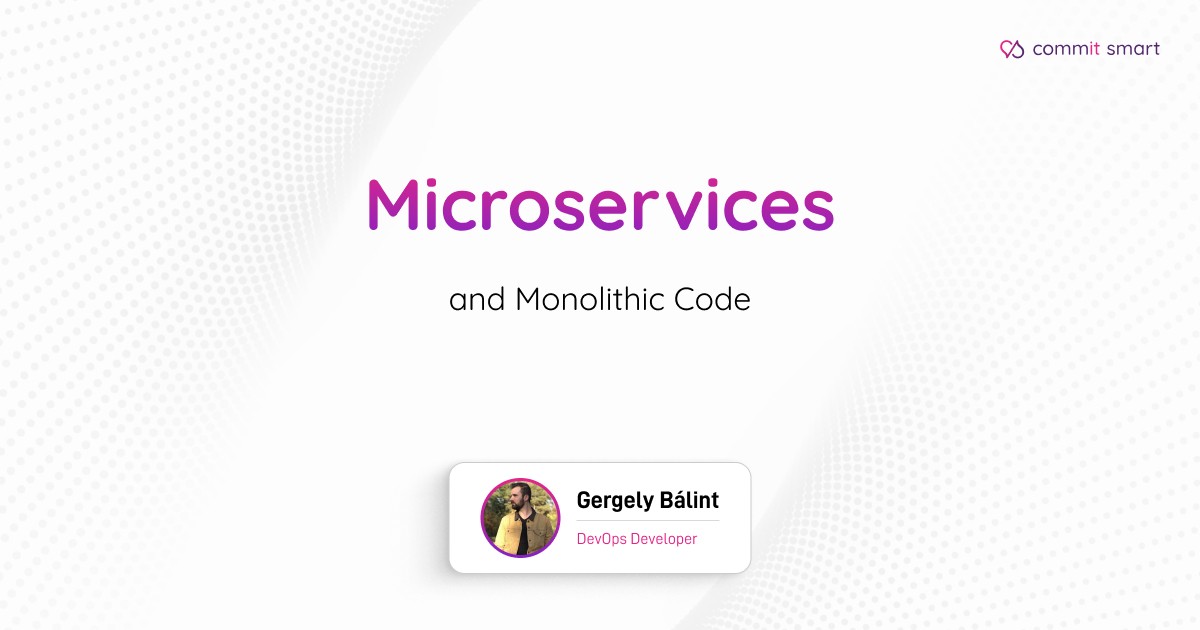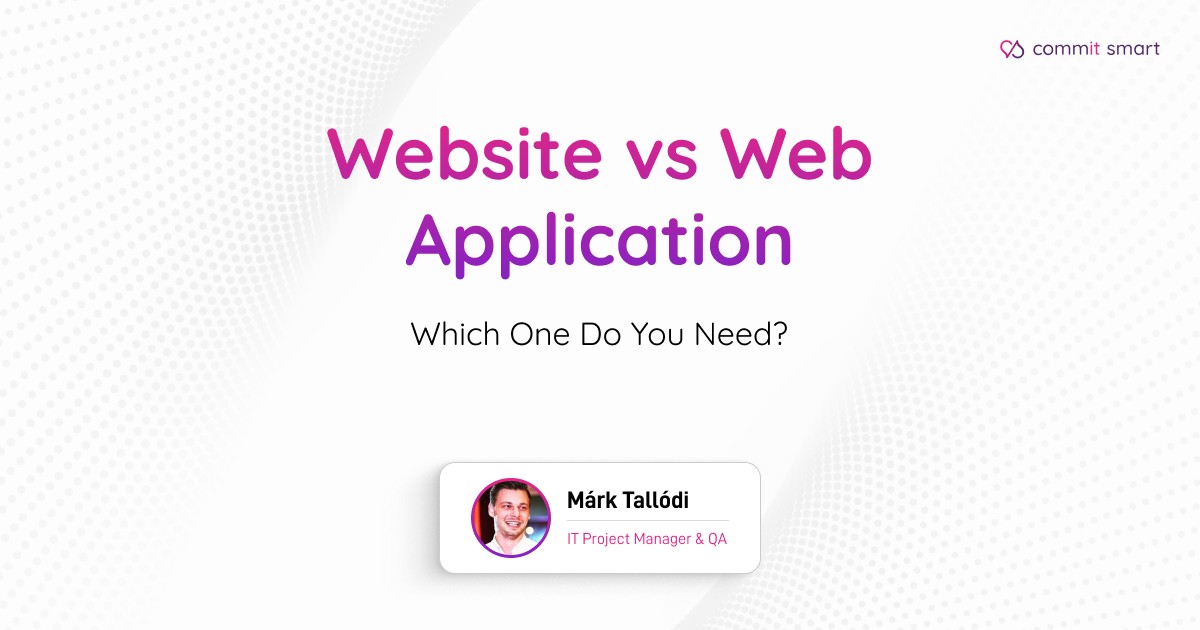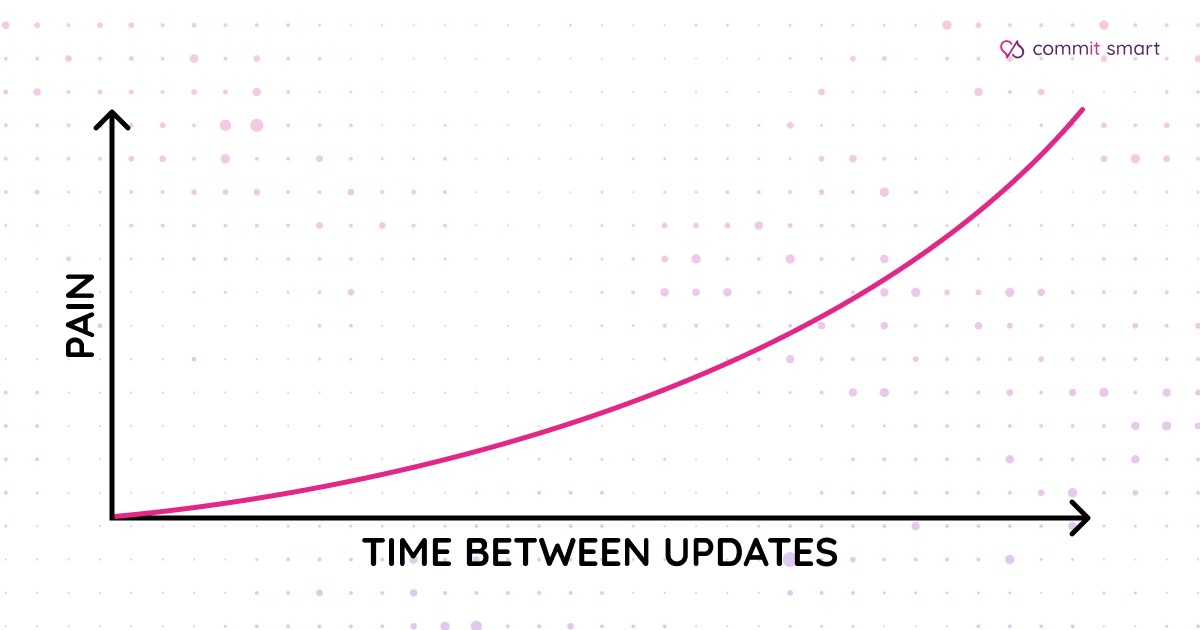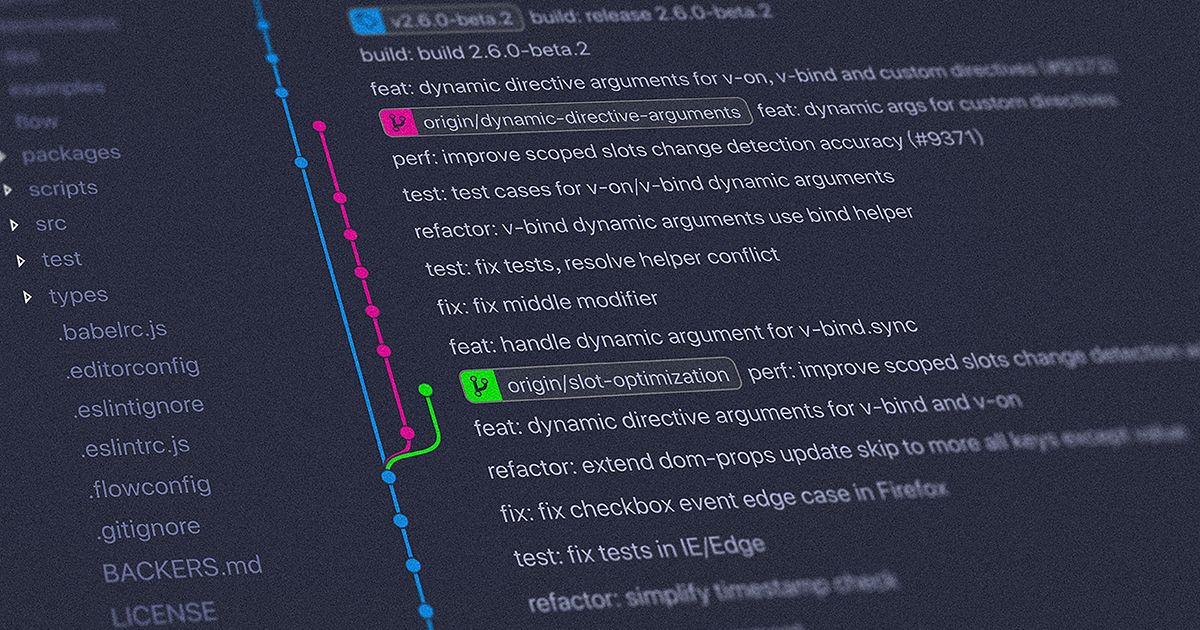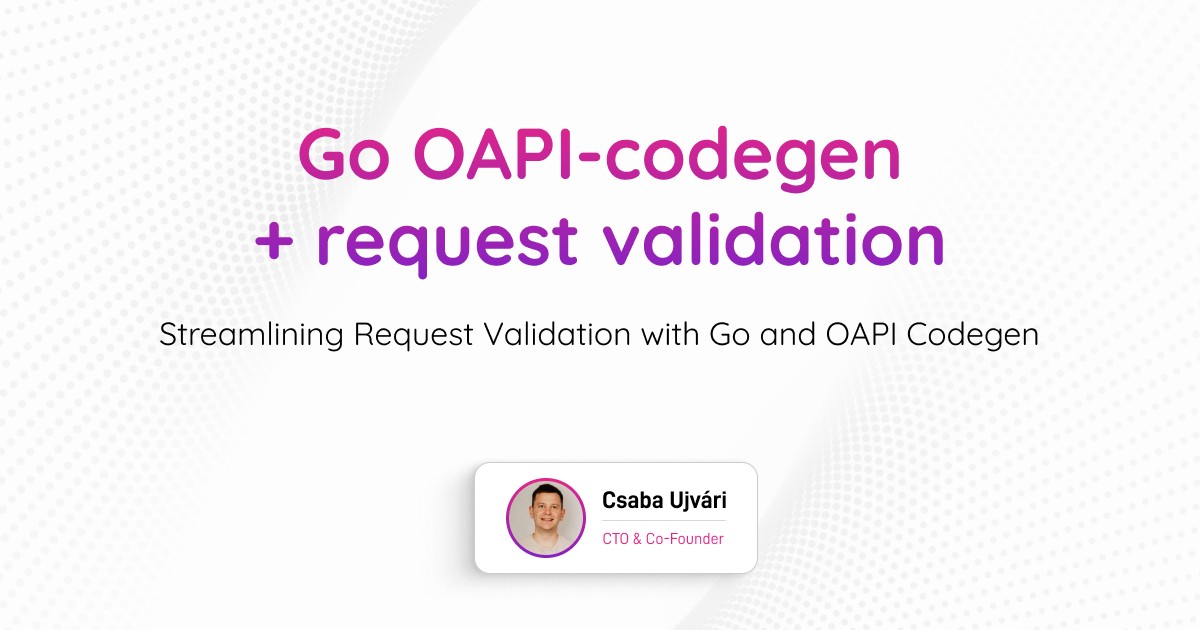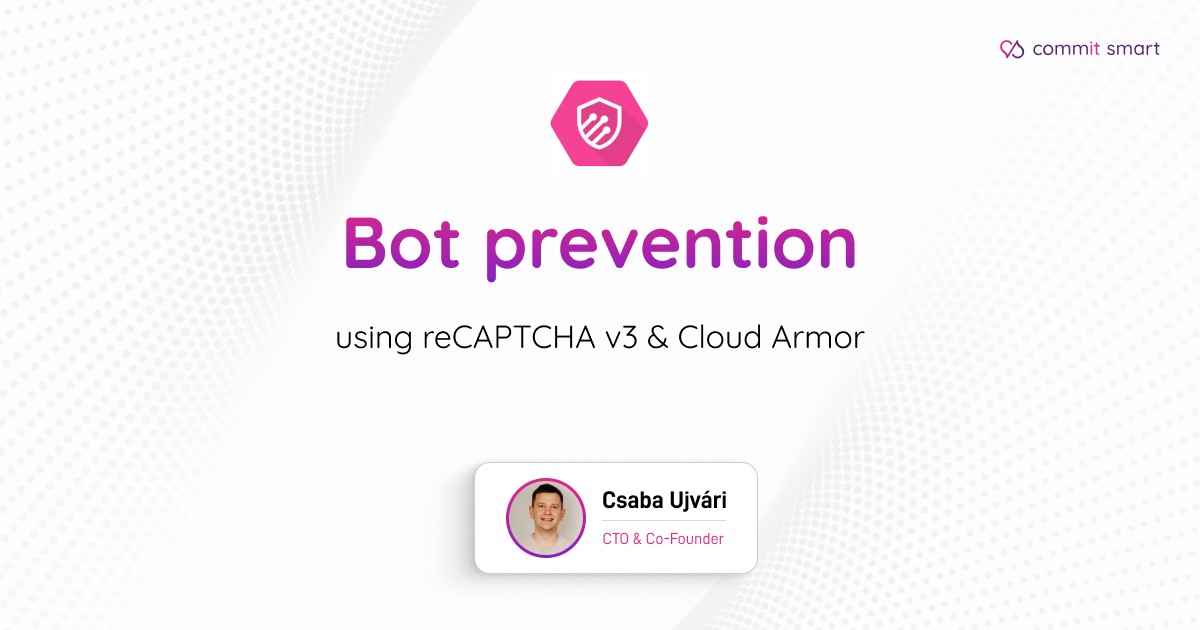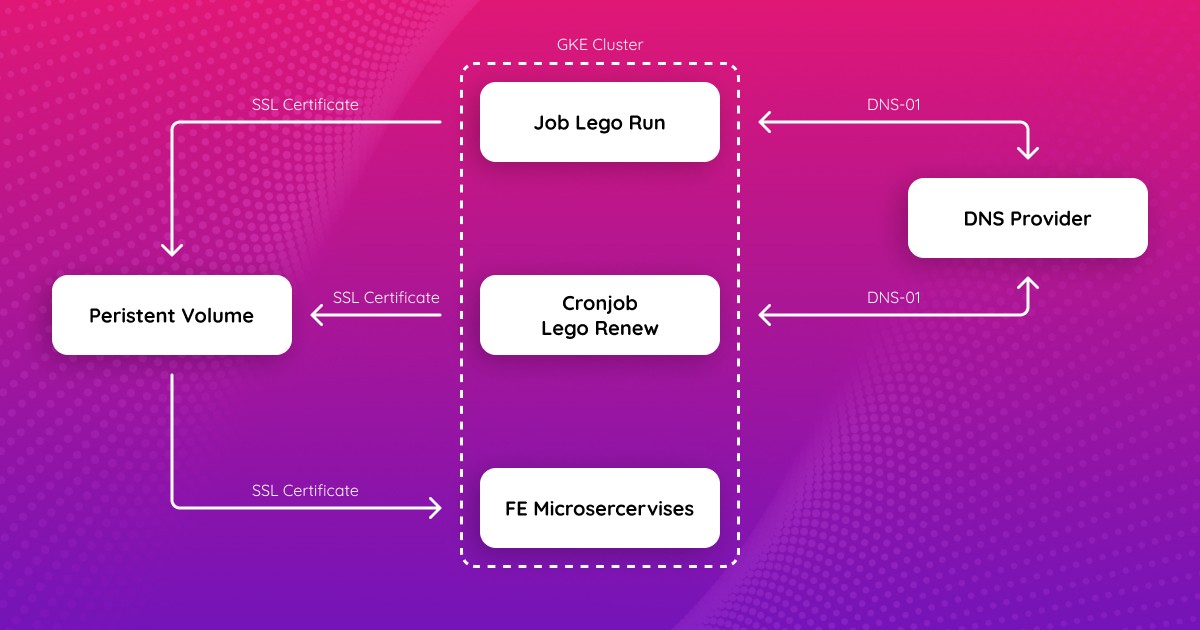Emotional Intelligence in IT Project Management
Emotional intelligence is key in IT project management. It helps leaders manage teams, resolve conflicts, and build stronger relationships, leading to more successful projects
In the world of Information Technology, where technical skills and knowledge often take matter more, one essential skill is frequently underestimated: emotional intelligence. As a Project Manager in the IT sector, focusing on emotional intelligence is not just beneficial—it is crucial for leading teams, managing stakeholders, and ensuring the success of projects.
What is Emotional Intelligence?
Emotional intelligence, often referred to as EQ (Emotional Quotient), is the ability to recognize, understand, manage, and influence emotions—both your own and those of others. But what does this mean in reality? Well, for some to understand emotions, one must be self-aware. To make sure to challenge and question yourself, ask those around you who know you the best and ask them to give you feedback.
Once you understand yourself, you can learn to do the same for others. It is a skill that can be learned only once you know and understand yourself. Here is where empathy comes in; every time someone projects emotion that is too much in any and every spectrum, you have to understand that it is almost always deeper than what you see.
There is a saying, "Everyone is dealing with demons you don't know about," just like you do, and when we deal with them, it can cause a hell of a lot of emotions. So be empathetic and understand if someone is going through something. All these examples are on an "adult" spectrum. Some people project emotions that remind us of dealing with a child. Also, understand through empathy that these happen due to childhood trauma. However, we are still adults, working for a living in a "professional" environment. Those situations might be better handled behind closed doors.
Why Emotional Intelligence Matters in IT Project Management
Emotional Intelligence matters everywhere; it is the most common cause of conflicts in human relations. Understanding the reason for conflict can improve the resolution time in any scenario, such as personal relationships, hierarchical conflicts, workplace conflicts, etc. Using the methods discussed in the paragraph above can help mitigate these situations.
Building Stronger Teams
A project is a team effort, and building and maintaining a solid team is essential but also challenging. An emotionally intelligent project manager can sense the team's and individuals' emotional state. Teams are not formed on team-building games or dining nights. People work individually until you give them a reason to work for each other. That reason is emotion towards the other members. If you know them, know their struggles on a professional level, and see why it takes more or less time for someone to complete a task, people are more likely to work for each other, not for each other.
How to bring out, improve, and maintain Emotional Intelligence as a Project Manager
As mentioned in the first paragraph, you will face several emotional ups and downs. Assessing those situations, finding what triggers your good or bad emotions, stopping for a second, and noting them can improve your ability to notice the same things in your team members.
Ask for feedback from those you trust, not from everyone. Remember that it's not the advice but where the advice is coming from. Make sure to receive and process the feedback from a valued source, friend, or colleague. Ask more questions, especially from those you would like to understand. I know it sounds like the most obvious thing in the world, but you would be surprised. We often judge before we ask; we usually decide before we listen. Make sure to ask, and ask with empathy.
Author: Tamás Demeter
